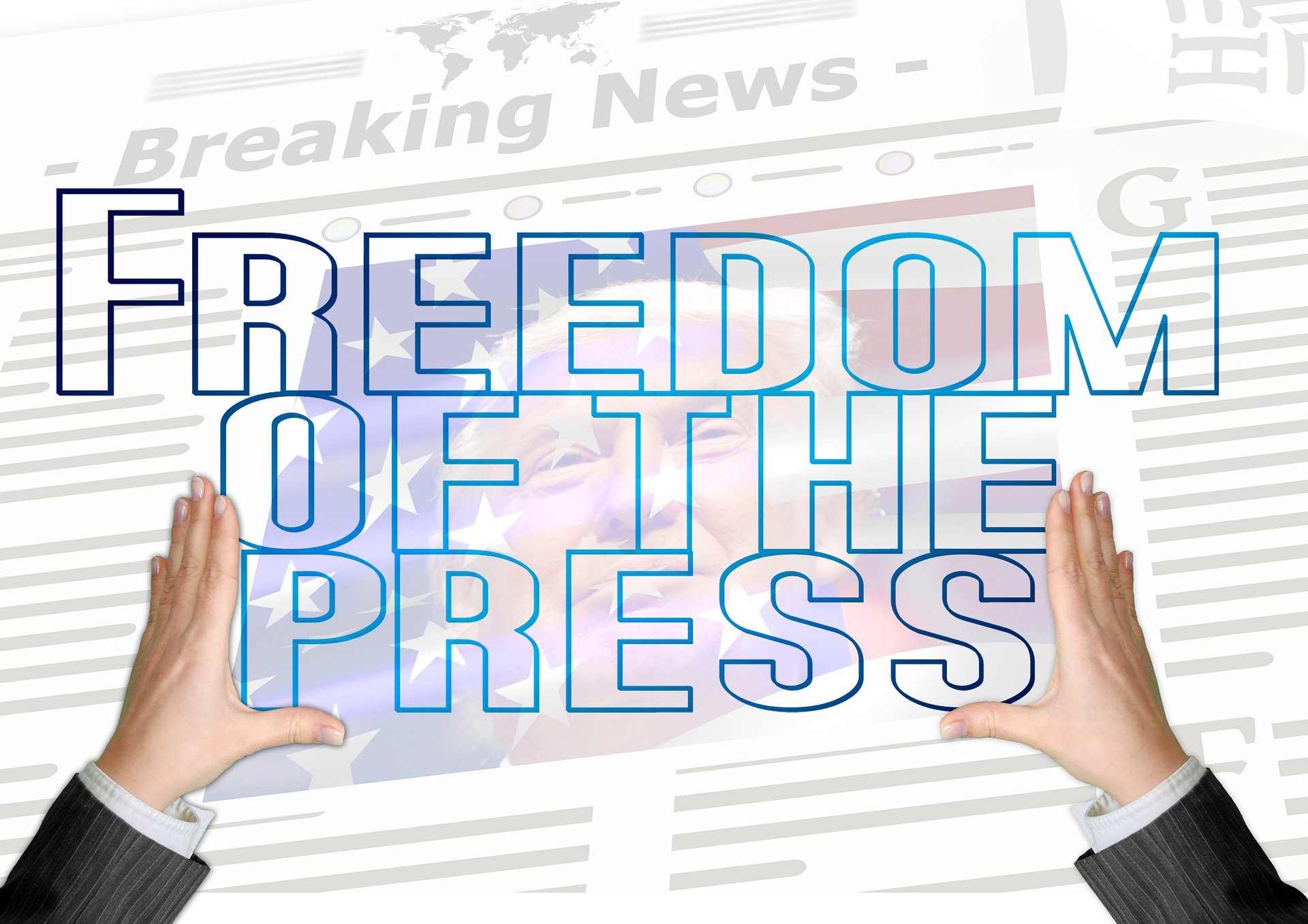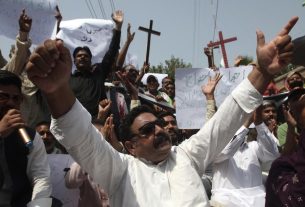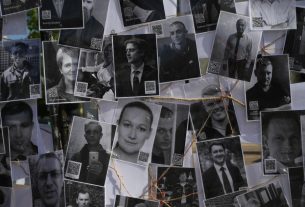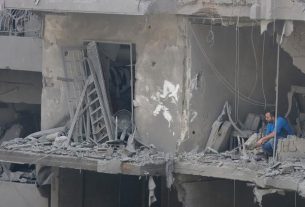Sweida, Syria – May 2025:
In the latest blow to press freedom in Syria, Reporters Without Borders (RSF) has strongly condemned a series of violent assaults on seven journalists in the southwestern city of Sweida. The journalists, who had traveled to the region to cover a newly signed local de-escalation agreement, were detained, threatened at gunpoint, and physically assaulted by members of an armed faction, raising alarm over the safety of media workers in Syria’s delicate political transition.
The agreement, signed by representatives of Syria’s transitional government, religious leaders, and militia commanders, was intended to reduce tensions in the region following the collapse of Bashar al-Assad’s regime in December 2024. However, the treatment of the press during the coverage of the event suggests a dangerous continuity of repression.
According to RSF, two journalists — Ahmad Falaha of France 24 Arabic and Moawiya Atrash of Arte — were arrested and subjected to death threats. Falaha, recounting the incident in a Facebook post, described having a gun held to his temple and a bullet fired beside him. Meanwhile, Ibrahim Trissi and Ammar Stifi of Al Araby TV were threatened at gunpoint, with Trissi stating in a video that both he and his colleague were clearly marked as press at the time.
Mohamed Haroun and Ali Najjar, reporting for Saudi broadcasters Al-Arabiya and Al-Hadath, were physically assaulted and robbed, while independent journalist Amer al Assi was also targeted in the same incident.
Local figures, including religious leaders and political officials, ultimately intervened to secure the journalists’ release. Syria’s transitional Information Minister Mohamed al-Omar publicly denounced the attacks and reaffirmed the government’s commitment to protecting journalists. However, advocacy groups say such promises remain unfulfilled.
This incident adds to a string of recent attacks on journalists in Syria. In March 2025, Al Jazeera’s Riyad al-Hussein was shot while reporting from the Mediterranean coast, and Al Araby’s Mustafa Kahtan came under fire during the same assignment. These events, occurring months into Syria’s post-Assad transition, signal the ongoing risks journalists face.
RSF has reiterated its demand for Syria’s transitional authorities to take concrete steps toward press freedom. In a January 2025 statement, the organization issued seven urgent recommendations, including the release of 20 journalists still detained by armed groups, justice for the 181 media workers killed under Assad, and clarity on the fate of at least 25 forcibly disappeared journalists.
Other key proposals from RSF include:
- Legal guarantees for press freedom enshrined in Syria’s future constitution.
- Abolition of censorship and state-imposed editorial restrictions.
- A diverse and independent media landscape accessible to both local and international outlets.
- Comprehensive protection mechanisms for journalists, including during field reporting.
Without structural reforms, RSF warns, Syria’s transition risks entrenching the same patterns of media repression that defined the Assad era. The country remains near the bottom of the 2024 RSF World Press Freedom Index, reflecting its ongoing crisis of information rights and journalistic safety.
This summary is based on reporting from Mahmoud Chahrour of Jurist (University of Ottawa Faculty of Law) and verified statements from RSF, France 24, Arte, Al Araby TV, Al Jazeera, and AFP.



